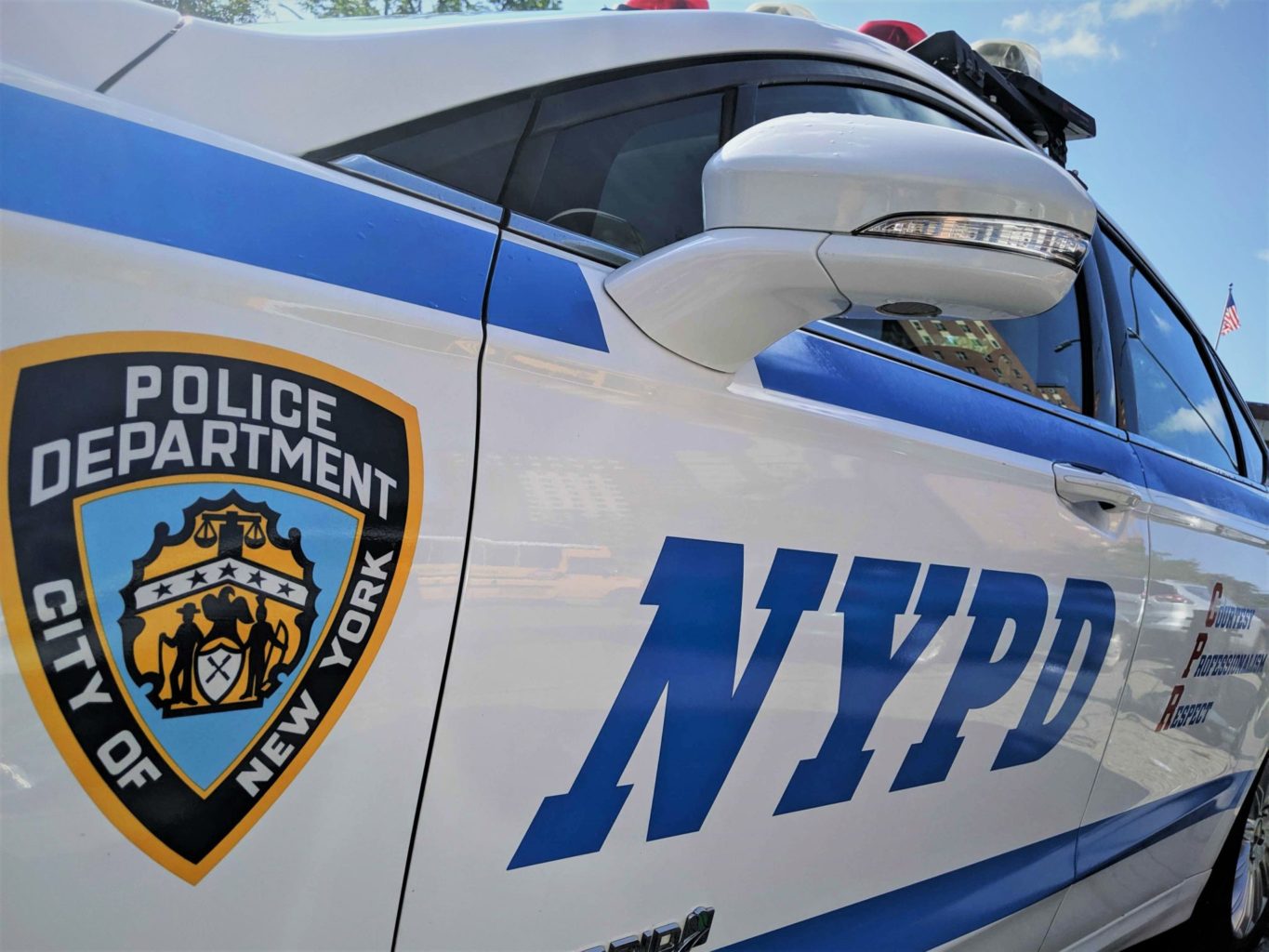In NYPD’s use of lethal force, lack of independent investigation a citywide trend

This is the second article in a series about the Civilian Complaint Review Board.
The Civilian Complaint Review Board, New York City’s independent police oversight agency, is not investigating the majority of recent cases in which NYPD officers have killed civilians — including headline-grabbing incidents involving allegations of police misconduct, the Brooklyn Eagle has learned.
At least 52 people in the city have been killed by police since the 2014 death of Eric Garner, according to reports compiled by the Washington Post and the Mapping Police Violence project. The CCRB has only investigated 12 of those cases.

Brooklyn Boro
View MoreNew York City’s most populous borough, Brooklyn, is home to nearly 2.6 million residents. If Brooklyn were an independent city it would be the fourth largest city in the United States. While Brooklyn has become the epitome of ‘cool and hip’ in recent years, for those that were born here, raised families here and improved communities over the years, Brooklyn has never been ‘uncool’.